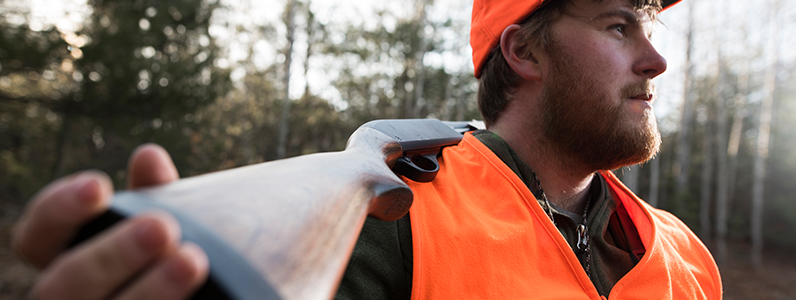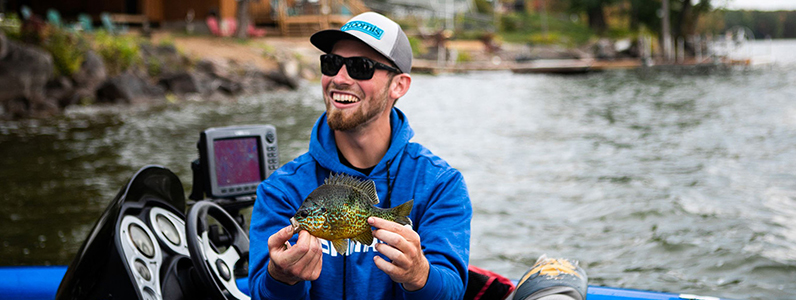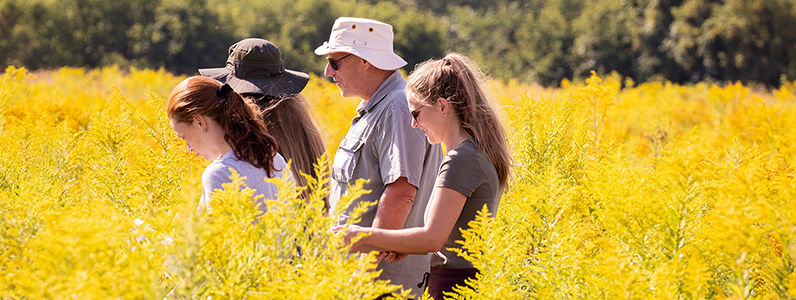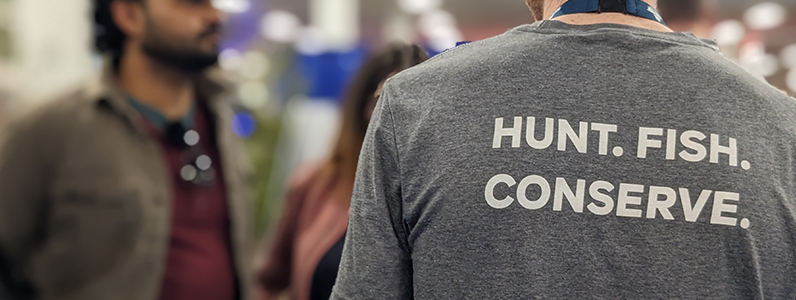Originally published in the August 2021 issue of Ontario OUT of DOORS magazine.
ECO-FRIENDLY TRAVEL TIPS
A family paddling adventure by train
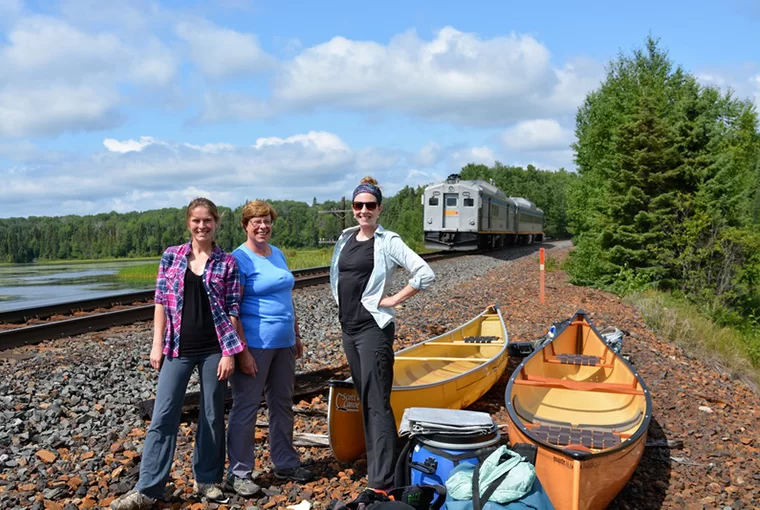
The attendant ushers me to the front of the train.
I’ve been called up to see the conductor to confirm our drop-off location. On our route map, I point to mile marker 68 where Turnbull Creek transects the CPR line. From there, we’ll paddle roughly 70 kilometres through Ramsey and Biscotasi Lakes to the town of Biscotasing, where in three days time we’ll catch the return train to Sudbury. At the indicated whistle stop, the Via Rail staff make quick work of handing down our gear from the Budd car as we stage along the narrow track bed. Before the train pulls away, our affable attendant sends us off with a wink and a promise “to collect any survivors in Bisco.”
We’re miles from anywhere and the “survivors” would include my sisters Katherine and Rebecca, and our mom, Peggy.
All that glitters
The next part of our journey rests squarely on our shoulders. Ramsey, and Biscotasi are reservoirs that together make up the headwaters of the Spanish River. These lakes are within the boundaries of Biscotasi Lake and Mississagi River Provincial Parks, featuring access to several of Ontario’s best-known wilderness-paddling routes. We have it on good authority that these headwaters are laced with piscatorial gold and are eager to confirm this claim as we manoeuvre two 16-foot Kevlar canoes down the steep bank and into the water. Still within sight of the tracks, Becca reaches into a container filled with leeches to bait our lines. I barely get a chance to dip my paddle into the weedy bay before she hooks into a 16-inch walleye. Claim confirmed!
Trail of fish
A leisurely 15-kilometre paddle in the afternoon sunshine brings us to an island complete with all the quintessential elements that make up a back-country campsite. The requisite fire ring featured prominently on a narrow whaleback at the island’s southern terminus, complemented by two small tent sites neatly tucked in between flagged pines and black spruce. The afternoon gives way to a quiet summer evening, the kind that is only interrupted by the alluring call of loons echoing over the water.
In this hour, the landscape resonates with the history of shield wilderness. It is a part of Ontario where walleye are more commonly called pickerel or the French doré (golden) and there is no need to reconcile the semantics. This is the place where Archie Belaney existed before Anahareo, and where Tom Thompson paddled before Canoe Lake. All of these ingredients coalesce with the scent of dinner being prepared over the fire. It’s easy to get caught up in this region’s enduring attraction. It feels like home.
Favourable days
The weather and fishing were in our favour over the next two days. In real time, I diligently mark the locations and details of each catch on our map. Through Ramsey Lake, over the Vale dam, and onward on into Boyuk Bay, prominent clusters of catches are particularly evident surrounding our overnight stops. Being limited to arm power doesn’t seem to be a disadvantage in either lake, as we release a good showing of walleye and pike back into both. Ever mindful of the train schedule, we quickly cover water.
In hindsight, an extra day or two to explore each lake would have been great. Making the most of the time we had though, the last night on Biscotasi we got into some northerns at a narrows we renamed “Alligator Alley.” Kat’s operating-room experience was pressed into service as she skillfully removed spoons and jerkbaits from the jaws of these toothy predators. Three sisters piled into one canoe singing and fishing must have looked a sight, but it was a most memorable evening!
Bisco or bust
Both lakes have road access, yet there was noticeably more traffic on Bisco, especially as we approached the townsite on the final day. The morning was overcast, and rain threatened from the west as we beached our canoes at the town’s historic general store. The summer residents of Biscotasing were exceptionally friendly. A lady at the docks graciously offered to take photos as we landed. While we were brewing coffee on the train platform a few minutes later, another passerby provided us with some delicious homemade baking.
In the moment, sipping camp coffee, relishing the satisfaction of another good fishing trip and benefitting from the kindness of strangers, I wondered if the local hospitality was an artifact of days gone by, remnants of a time when trappers would have made much more arduous journeys than ours by water to reach Bisco. As if surrounded by stacks of baled and boxed furs bound for England awaiting shipment, we stood on the very same platform where our modern gear was piled high in dry bags and waterproof cases — just waiting on the train.
